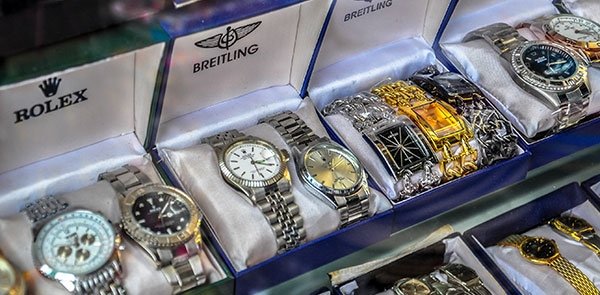|
India is the world’s largest vaccine maker, but only 5 percent of Indians are vaccinated against COVID-19.
India has long been a global leader in vaccine production, and chief among its operations is the Serum Institute of India. Founded in 1970 and run by father and son duo Cyrus and Adar Poonawalla, Serum is the world’s largest vaccine manufacturer. It has produced more than 1.5 billion total doses of various vaccines and is exporting them to 170 countries. This includes vaccines for polio, tetanus, diphtheria, measles, and, now, COVID-19.
Serum began mass-producing potential COVID-19 vaccines (especially the Oxford-Astrazeneca vaccine) early in the pandemic, even before clinical trials had been completed. The plan was that once the vaccines were proven effective and granted emergency use authorizations, the company would immediately begin distribution. Hopes were high that Serum would make a huge difference in the battle against the pandemic—in India and around the world.
Unfortunately, Serum has experienced a series of internal problems, including a manufacturing plant fire in January and an inability to ramp up supply to meet demand. There have also been missteps by India’s government, including technical issues with its vaccine registration platform and a failure to order a sufficient number of doses.
The situation became more urgent due to India’s recent COVID-19 surge. In May, reported cases in the country hit a peak of more than 400,000 per day, and reported deaths spiked to 4,500 per day. In fact, more than 400,000 Indians have already lost their lives to the disease. Although these numbers are currently declining, experts warn that low vaccination rates leave India at risk for a future surge in infections.
Vaccine issues inside India almost always contribute to vaccine issues outside of India. Public health leaders planned on Serum being the main vaccine supplier for COVAX, the global initiative to ensure equitable vaccine distribution to low- and middle-income countries. However, in May Serum announced that, due to domestic demand, it won’t be able to export COVID-19 vaccines until the end of 2021.
As is the case with so many challenges facing this generation, we have to care about what goes on in far off lands.
|











